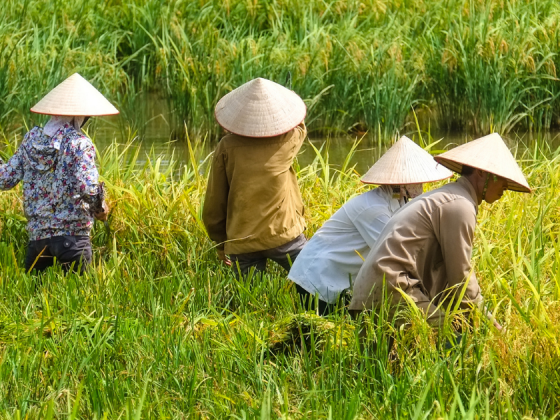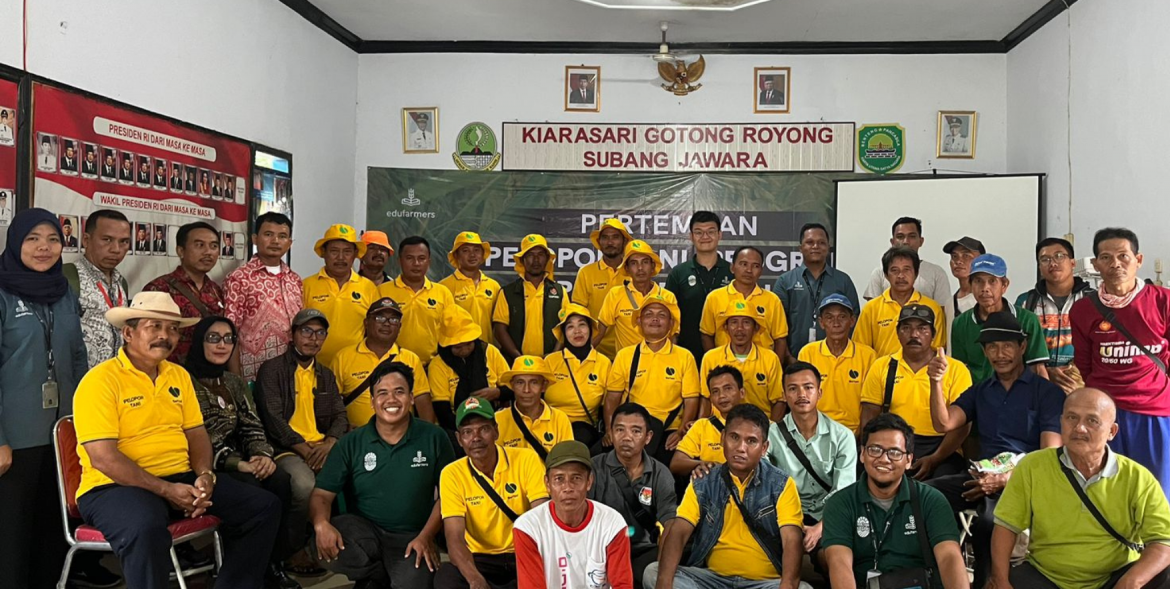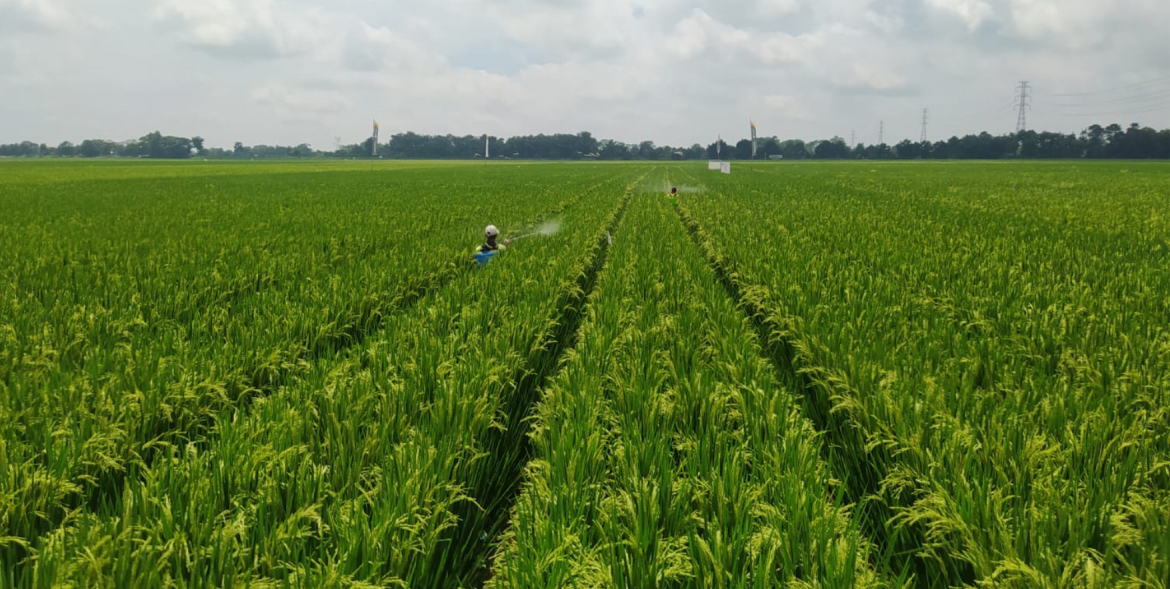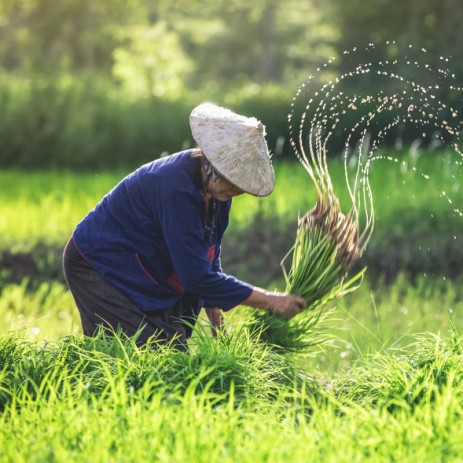Climate Resilience
Climate change-induced phenomena such as unpredictable weather patterns, extreme temperatures, increased frequency of pests and diseases, and water scarcity are threatening the productivity, livelihoods, and food security of millions of smallholder farmers worldwide.
Climate resilience encompasses strategies aimed at addressing the challenges posed by climate change. Hence both adaptation and mitigation efforts aim to protect lives, livelihoods, and ecosystems while promoting sustainable development and enhancing global resilience to the impacts of climate change. For that, Climate adaptation and mitigation play crucial role in building climate resilience, fostering sustainable development, and safeguarding the well-being of both people and the ecosystem that face directly to the climate change. Agroforestry, Conservation Agriculture, Water Management, Crop Diversification, and Renewable Energy are the types of practices that farmers can implement.

Program Objectives

To enhance the resilience of smallholder farmers to climate change through accessible and actionable climate information and forecasts.

To improve the capacity of smallholder farmers to adopt climate-smart agricultural practices through targeted training, extension services, and the dissemination of appropriate technologies.

To strengthen the institutional support systems and policy frameworks that facilitate climate adaptation and mitigation among smallholder farmers.

To promote inclusive market access and value chain development strategies that empower smallholder farmers economically and enhance their resilience to climate-related shocks.
Impact

Increased Resilience

Improved Productivity

Environmental Benefits

Social and Economic Co-benefits

Global Cooperation
Our Approach
1
Implementation of community-based adaptation or Farmers Field School (FFS) in providing training for smallholder farmers to improve their understanding and knowledge on climate change, adaptation, and mitigation.
2
Implementation of Alternative Wetting and Drying (AWD) method to increase water conservation and reduce methane emission.
3
Development and Dissemination of climate-resilient crop varieties to smallholder farmers (coffee or cocoa farmers) to plant cover crops by implementing the integration of climate change adaptation and mitigation considering the good agricultural practices (GAP).




